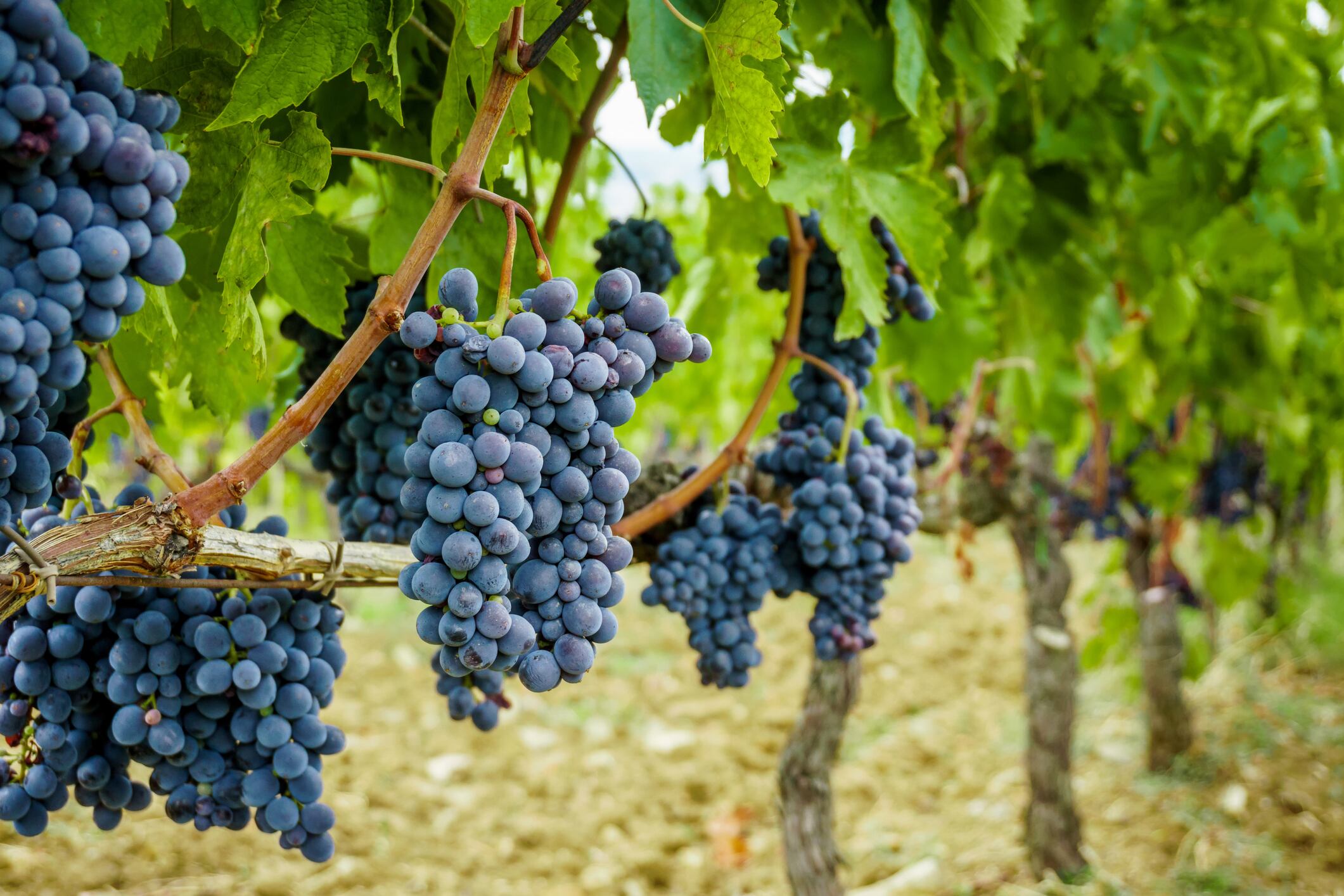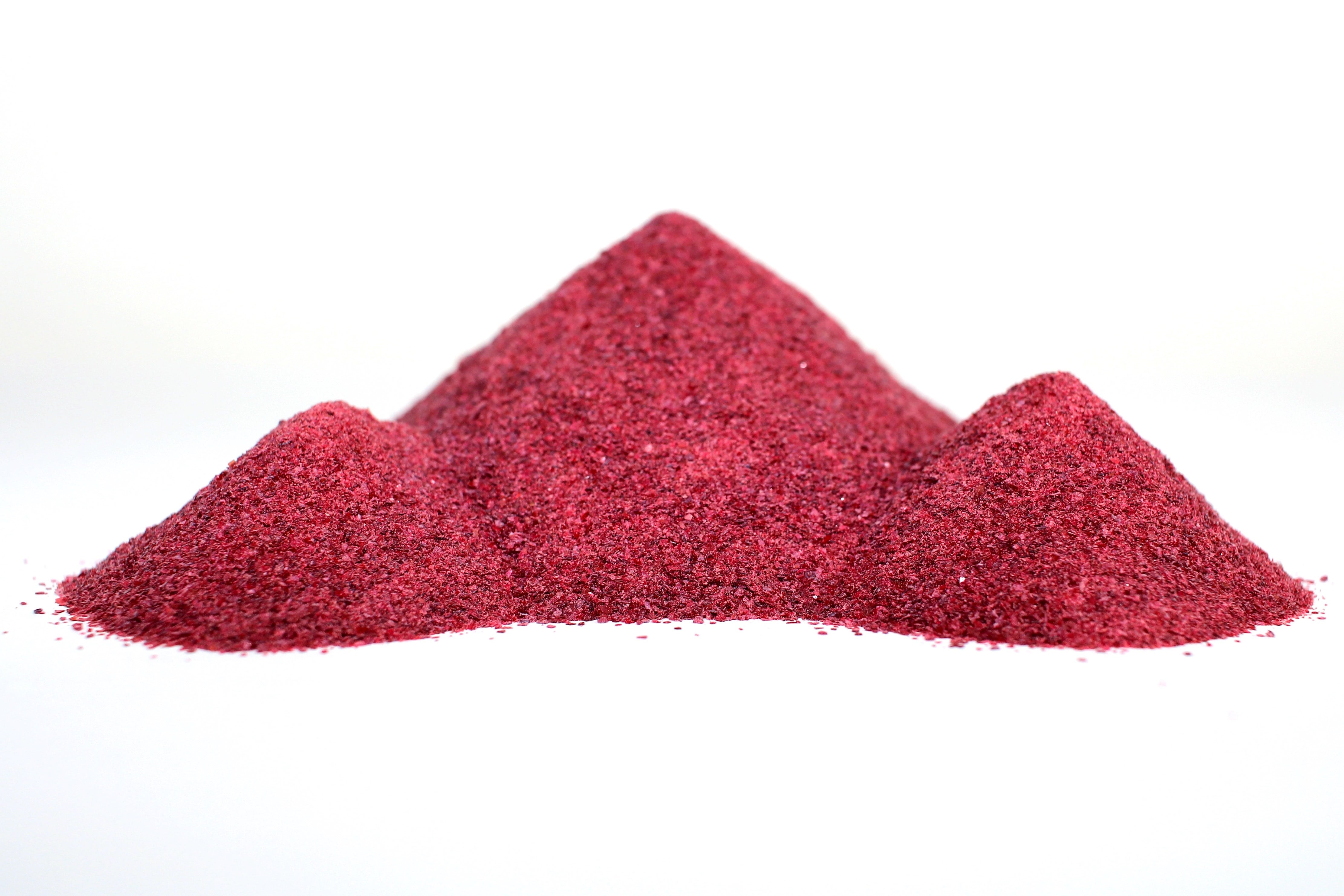In a review published last week in the journal Critical Reviews in Food Science and Nutrition, researchers associated with Rutgers University, a center for polyphenols research, made a critical assessment of the various strategies that have been tried to boost the uptake of these hard to absorb ingredients.
“Grape-derived PPs (polyphenols) stand out as a unique and diverse collection of bioactive phenolic compounds, conferring a wide array of health benefits. Apart from the well-established health claims towards many traditional degenerative diseases including cardiovascular diseases, cancers and type II diabetes, mounting evidence shows that GPPs also help prevent or delay the onset of neurodegenerative diseases through multiple pathways (Wang et al. 2010; Krikorian et al. 2012; Pasinetti et al. 2015). In comparison to the pharmaceutical agents for clinical treatment of neurodegenerative disorders, GPPs are credited for their minimal side effects and high abundances in grapes and related products,” the authors wrote.
The authors noted that research into the neuroprotective benefits of GPPs has sponsored for more than a decade by the National Center for Complementary and Integrative Health (NCCIH) at teh National Institutes of Health (NIH). This research has uncovered a number of promising results.
Such results include the ability of GPPs to inhibit the development of harmful plaques, or abnormal proteins, in an animal model for Alzheimer’s disease. Another study, using resveratrol in rats, found a protective effect in helping to maintain normal neuron structure.
Structural alteration, use of carriers
In the search for greater benefits along these lines, researchers have looked to a host of strategies to enhance the bioefficacy of these polyphenolic ingredients. These include structural alteration of the molecules themselves, either via methylation, acetylation or hydroxymethylation. Or the molecules can be simplified by hydrolyzing them, but the authors cautioned this approach must be used with care, to make sure that functional groups accounting for the positive health effects of these molecules aren’t lost in the process.
Other strategies for boosting the uptake of these ingredients include the use fo various nano carriers. Among these evaluated by the researchers were the use of liposomes, or tiny lipid globules, the phytosome (phospholipid-based) carrier strategy pioneered by Indena, and others, such as protein chelation or polysaccharide complexation.
Other approaches examined included turning polyphenolic ingredients into nano sized crystals. The authors also mentioned research into the uses of nano graphene particles as polyphenolic carriers.
Turning the gut into a polyphenol absorption machine
Another burgeoning line of research into enhanced polyphenol absorption has to do with altering the gut microbiota to make for a more level playing field for these ingredients to cross the blood gut barrier and, ultimately, the blood brain barrier. The authors noted that research into both prebiotic and probiotic ingredients has shown promise in this area.
In the prebiotic realm, they noted that prior research has shown that pectin and other similar prebiotic ingredients can exert a positive effect here.
“Pectin and other non-digestible oligo/polysaccharides have been purported to be sustainable sources of prebiotics that may modify microbiota and prolong intestinal transit time of some phenolics (Tamura et al. 2007; Nishijima et al. 2009). For example, animal trials showed that quercetin can be better absorbed in both upper and lower gut when consumed together with pectin or other non-digestible oligosaccharides, possibly due to their capability of inducing compositional changes in the gut microbiota so that PPs are more efficiently deglycosylated and absorbed in the lower gut,” they wrote.
In the probiotic realm, certain strains of probiotics in both the Lactobacillus and Bifidobacterium species families have shown an ability to boost polyphenolic uptake via a complicated feedback loop in the gut.
“Select probiotics can be co-administered with phenolic preparations to maximize the non-conjugated phenolic contents and possibly some of the bioactive metabolites in gut lumen so they have higher chances of getting absorbed,” the authors wrote.
“In the future, dietary prophylactic therapies to neurodegeneration may be based on concomitant use of multiple GPPs to synergistically target multiple pathological mechanisms.
“Comprehensive knowledge on the reciprocal interactions between dietary PPs and human gut microbiota will allow us to better interpret the fate of PPs and guide us to develop strategies to augment systemic exposure and bioefficacy of PPs by altering the microenvironment of the lower gut,” they concluded.
Source: Critical Reviews in Food Science and Nutrition
“A critical review on grape polyphenols for neuroprotection: Strategies to enhance bioefficacy”
2019 Jan 7:1-29. doi: 10.1080/10408398.2018.1546668. [Epub ahead of print]
Authors: Zhao D, Simon JE, Wu Q




